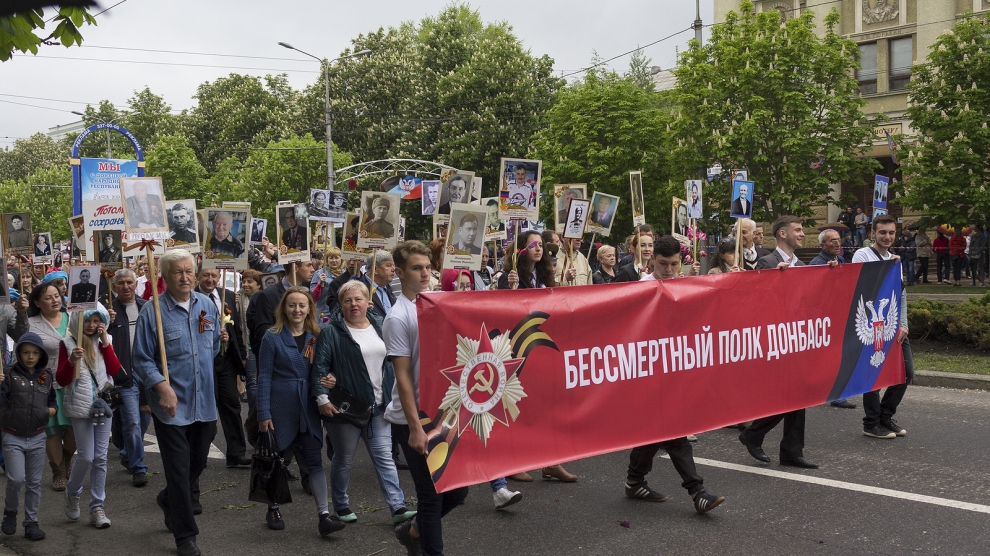The European Union has reiterated its full support for the independence, sovereignty and territorial integrity of Ukraine within its internationally recognised borders.
The EU’s High Representative of the European Union for Foreign Affairs and Security Policy Federica Mogherini announced on November 9 that the implementation of the Minsk agreements by all sides remains key to reaching a sustainable political solution to the conflict in eastern Ukraine, and underlined the responsibility of the Russian Federation in this regard. She also welcomed Ukraine’s decision to prolong the Law on Special Status for parts of eastern Ukraine until the end of 2019.
“The EU considers the ‘elections’ planned for November 11, 2018 in the non-government controlled territories of the so-called Luhansk People’s Republic and Donetsk People’s Republic as illegal and illegitimate and will not recognise them. The EU condemns these ‘elections’, as they are in breach of international law, undermine the commitments taken under the Minsk agreements and violate Ukraine’s sovereignty and law. The Minsk agreements exclusively provide for local elections to be held within the framework of the Ukrainian legislation and under the OSCE standards and observation. These reasons render these so-called “elections” null and void.”
Ms Mogherini added: “We expect the Russian Federation to make full use of its considerable influence over the separatists it backs. The provisions of the Minsk agreements should be implemented fully and without further delay, starting with a comprehensive ceasefire and the withdrawal of heavy weapons, so as to create the necessary conditions for the political transition through local elections they foresee.”
Kurt Volker, the US special representative for Ukraine negotiations, has also questioned the legitimacy of the elections, saying that Russia is responsible for “serious human rights abuses” in the occupied parts of Ukraine (which also includes Crimea, which Russia annexed shortly before the beginning of the conflict in eastern Ukraine) in “furtherance of the Kremlin’s agenda.”
Russia has supported separatists in the east of Ukraine, known as the Donbass region, since 2014. In 2015, the Minsk Agreement established a ceasefire that would work towards restoring Ukrainian control of the region. The ceasefire has been largely ignored and intermittent fighting has continued, killing thousands.

